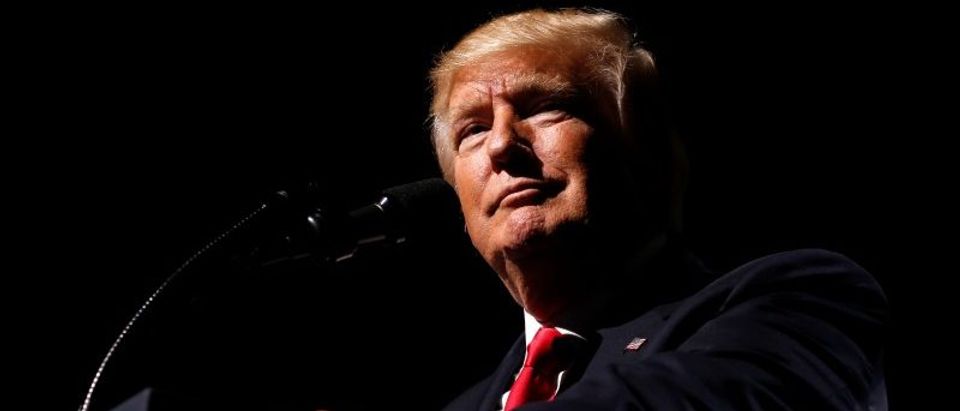For weeks, journalists, columnists, and pundits on both sides of the aisle have played up the political significance of Donald Trump’s first 100 days in office. Yesterday, David Leonhardt published a searing op-ed for The New York Times calling the first 100 days a “meaningful milestone” while criticizing Trump’s failures to jumpstart a new health care plan and receive funding to build a wall along the Southern border between Mexico and the United States. Just Googling “Trump 100 days” yields over 200,000 links from media outlets, with most writers casting shade towards White House staffing shortages, Russian ties, the recent Health Care fiasco, and failed campaign promises. To commemorate the mark, even The Simpsons aired a clip this week satirizing the Bannon/Kushner feud while depicting Ivanka hawking beauty products as a Supreme Court Justice nominee.
Originally coined in a 1933 radio broadcast by Franklin D. Roosevelt, as the then-president outlined an aggressive plan to set in motion the first 100 days of the 73rd United States Congress, the “100 days” presidential myth has since entered our political lexicon as a convenient way for pundits and politicians to gauge the current administration’s progress while assessing its key strengths and weaknesses.
Although Trump himself, while campaigning, played up accomplishments set to occur well within his first 100 days, it’s unrealistic to expect any president to assume office and offer immediate achievements within their first three months. With the exception of the Obama and FDR stimulus packages, which both came in times of serious economic crisis, no president in recent memory has moved to Pennsylvania Avenue and immediately bulldozed legislation through both the House and the Senate.
Some presidents, like Jimmy Carter, started with strong approval ratings but only served one term; others, like Ronald Reagan, had tough early months, but were elected for two terms and ended with strong approval ratings. As Princeton’s Julian Zelizer notes in a recent interview for The Atlantic, “Some of the biggest presidential achievements, like President Richard Nixon’s trip to China or President Obama’s health-care reform, come long after the 100 days are over.”
In a quest for instant gratification, it is a mistake for the American people to judge a president’s administration based solely on their first 100 days in office, where there is both a tremendous learning curve and a difficulty in establishing a cabinet. In a quest for ratings, it is an even greater mistake for the media to sensationalize a president’s first 100 days like the first quarter of a sports game, extending political coverage for an entire few months, like the build-up to Halloween or Christmas, while further feeding our political process to the woodchipper of the news-tainment complex.
Davis Richardson is a writer whose work has appeared in Vice, Nylon Magazine, and Capitol File. Follow him on Twitter @davisoliverr


